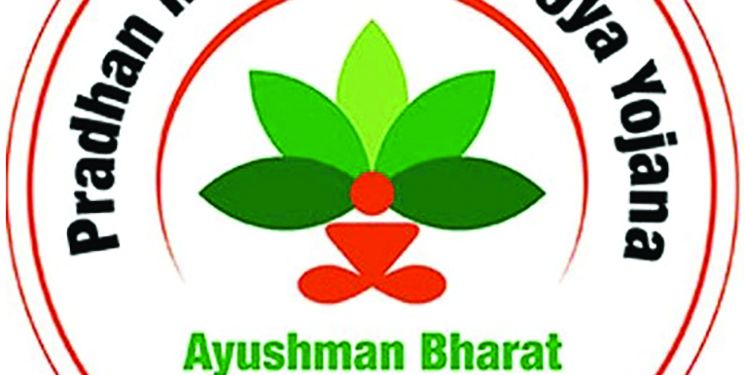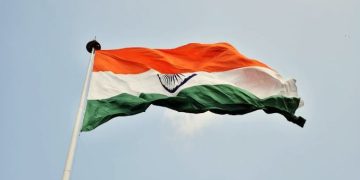New Delhi: The government’s decision to exempt individual health and life insurance premiums from Goods and Services Tax (GST) complements Ayushman Bharat and PMJAY by expanding private coverage, reducing out-of-pocket expenditure, and driving the mission of Health for All, the Health Ministry said Thursday.
This will also make premiums more affordable for middle-class households and encourage wider insurance adoption.
The GST rationalisation package reflects a balanced, citizen-centric approach to taxation, the ministry stated.
“By lowering the burden on medicines, medical devices, nutrition, and insurance, while discouraging harmful consumption, the Government has taken a major step towards making healthcare more accessible, affordable, and preventive in nature,” the ministry said.
Healthcare services provided by doctors, hospitals, and diagnostic centres are already exempt under the current GST regime. Building upon this, several key reforms have been approved Wednesday.
“Under the visionary leadership of PM @narendramodi ji, the Union Government has announced the Next-Gen GST reforms to support ongoing growth and development.
“Reduced tax rates on several essential products will enhance ease of living, help families manage costs, and bring relief to different sectors. At the same time, this reform will strengthen the ease of doing business and empower small businesses across the country. My heartfelt gratitude to Narendra Modi ji and Finance Minister @nsitharaman ji for this forward-looking decision that will benefit our citizens, especially middle-class families,” Union Health Minister J P Nadda tweeted.
The GST on essential medicines have been reduced from 12 per cent to 5 per cent or Nil, easing financial burden on patients which will provide greater affordability for long-term treatment of chronic illnesses such as diabetes, hypertension, and cancer.
Also, services for treatment or disposal of bio-medical waste reduced from 12 per cent to 5 per cent and job-work in pharmaceutical manufacturing reduced from 12 per cent to 5 per cent, lowering production costs and addressing inverted duty structures.
This strengthens India’s role as the “Pharmacy of the World” while ensuring affordability for domestic patients..
The GST has been reduced from 12 per cent to 5 per cent on key medical products such as anaesthetics, medical-grade oxygen, gauze, bandages, diagnostic kits, surgical gloves, glucometers, thermometers, and other appliances.
“This will lower the cost of healthcare delivery for hospitals, diagnostic centres, and clinics and encourage wider adoption of modern diagnostic tools, particularly in tier-2 and tier-3 cities,” the ministry said.
The GST on spectacles, spectacle lenses, and contact lenses reduced from 12 per cent to 5 per cent making vision correction more affordable for students, elderly citizens, and low-income households.
This is expected to improve productivity and boost adoption, as nearly 10 crore people are estimated to lack proper spectacles.
Besides, GST on gyms and fitness centres reduced from 18 per cent to 5 per cent making fitness more affordable for youth and working professionals and complements the *Fit India Movement* and strengthens preventive healthcare.
In line with the government’s strong commitment to fighting non-communicable diseases such as diabetes, obesity, and cancer, no tax cuts have been proposed on goods widely recognised as harmful, including tobacco products, pan masala, and sugary drinks, the ministry stated.
PTI






































